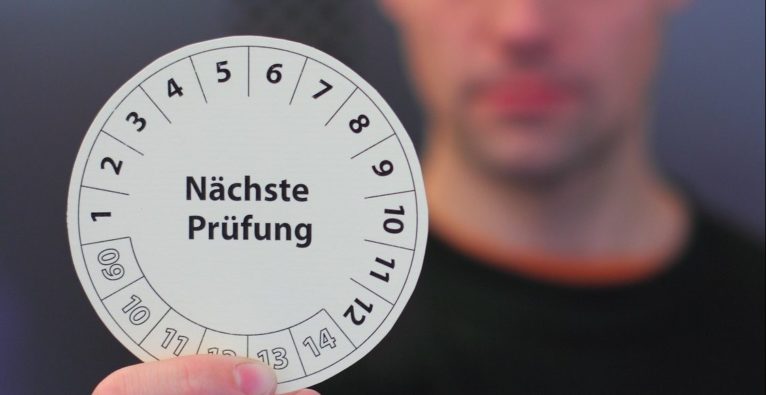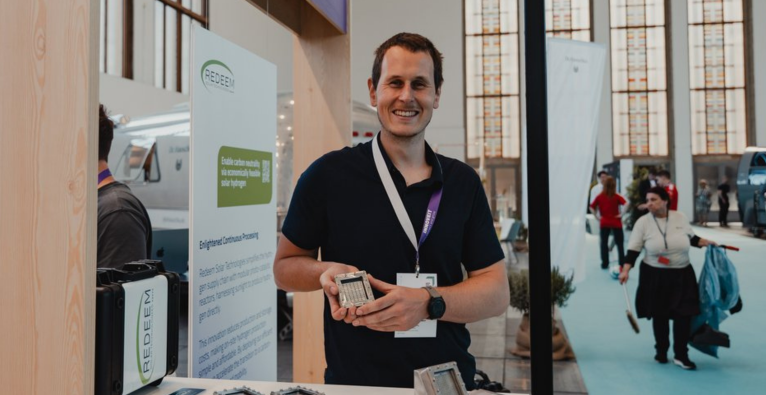✨ AI Kontextualisierung
Hierzulande kommt man mit den Maßgaben des Deutschen Instituts für Normung (DIN) im Alltag meist über Papier-Größen in Berührung. Tatsächlich ist das Institut natürlich in vielen Bereichen für zertifizierte Standards verantwortlich – analog zur heimischen Austrian Standards (ÖNORM) oder der internationalen ISO. Eine Meldung des deutschen Handelsblatts, wonach nun auch eine DIN-Norm für Startups geplant sei, sorgte im Nachbarland diese Woche für Aufregung.
+++ Employee Experience: So behält man seine Fachkräfte +++
Startups in “A4”?
Der Tenor in der Reaktion der deutschen Gründer-Community: Startups, die doch so viel Wert auf Individualität legen, lassen sich nicht in ein Format wie “A4” pressen. Und etwas konkreter: “Für Gründungen und Gründungsprojekte, die staatliche Finanzierungsunterstützung haben wollen, ist die Bürokratie schon am Rande des Tragbaren”, so Sonja Jost, stellvertretende Vorsitzende des Bundesverbands Deutscher Startups, gegenüber dem Handelsblatt.
Freiwilliger Leitfaden mit Standard-Fragen
Ganz so dramatisch ist die Situation dann aber doch (noch) nicht. Denn was das Normierungsinstitut vorlegte ist noch keine DIN-Norm, sondern vorerst eine sogenannte DIN-Spec. Es handelt sich dabei um einen freiwilligen Leitfaden, mit (Gründern wohl hinlänglich bekannten) Fragen wie: “Warum soll es die Firma geben?”, “Wie funktioniert das Geschäftsmodell?”, “Wie sehen Marketing- und Vertriebsstrategie aus?”, “Gibt es eine ausreichende Finanzplanung?” sowie “Welche Konkurrenten sind schon am Markt?”.
Wird aus der DIN-Spec die DIN-Norm für Startups?
Erarbeitet wurde das 17-seitige Dokument innerhalb von 18 Monaten von einem Konsortium aus Beratungsunternehmen, wissenschaftlichen Institutionen und Unternehmen, darunter EY, die Technische Universität Darmstadt und die Fresenius Hochschule Idstein. Und dort besteht das klare Ziel, aus der DIN-Spec eine DIN-Norm zu machen. “Das Konsortium wünscht sich, dass Gründer sich künftig ähnlich wie bei ISO 9001 zertifizieren lassen können”, wird Stephan Haubold, Professor an der Fresenius Hochschule, im Handelsblatt zitiert. “Das würde nicht nur die Gründer vor unüberlegten und folgenschweren Entscheidungen schützen, sondern auch Bundesministerien, die Fördergelder vergeben, Investoren sowie Banken ein wichtiges Instrument an die Hand geben”, so Haubold weiter.
Projektleiter um Relativierung bemüht
Vielleicht auch wegen des vielen schlechten Feedbacks der Community war der zuständige Projektleiter der DIN, De-Won Cho, jedoch schon kurz nachdem die Meldung publik wurde, gegenüber dem Magazin Gründerszene um Relativierung bemüht. Kein Startup werde gemäß dieses Leitfadens überprüft und das DIN werde auch keine darauf basierenden Zertifikate vergeben, kommentierte er dort. Und: “Wir wollen niemandem vorschreiben, dass etwas zu funktionieren hat”. Ob aus der DIN-Spec eine DIN-Norm wird, ist also vorerst unklar.






